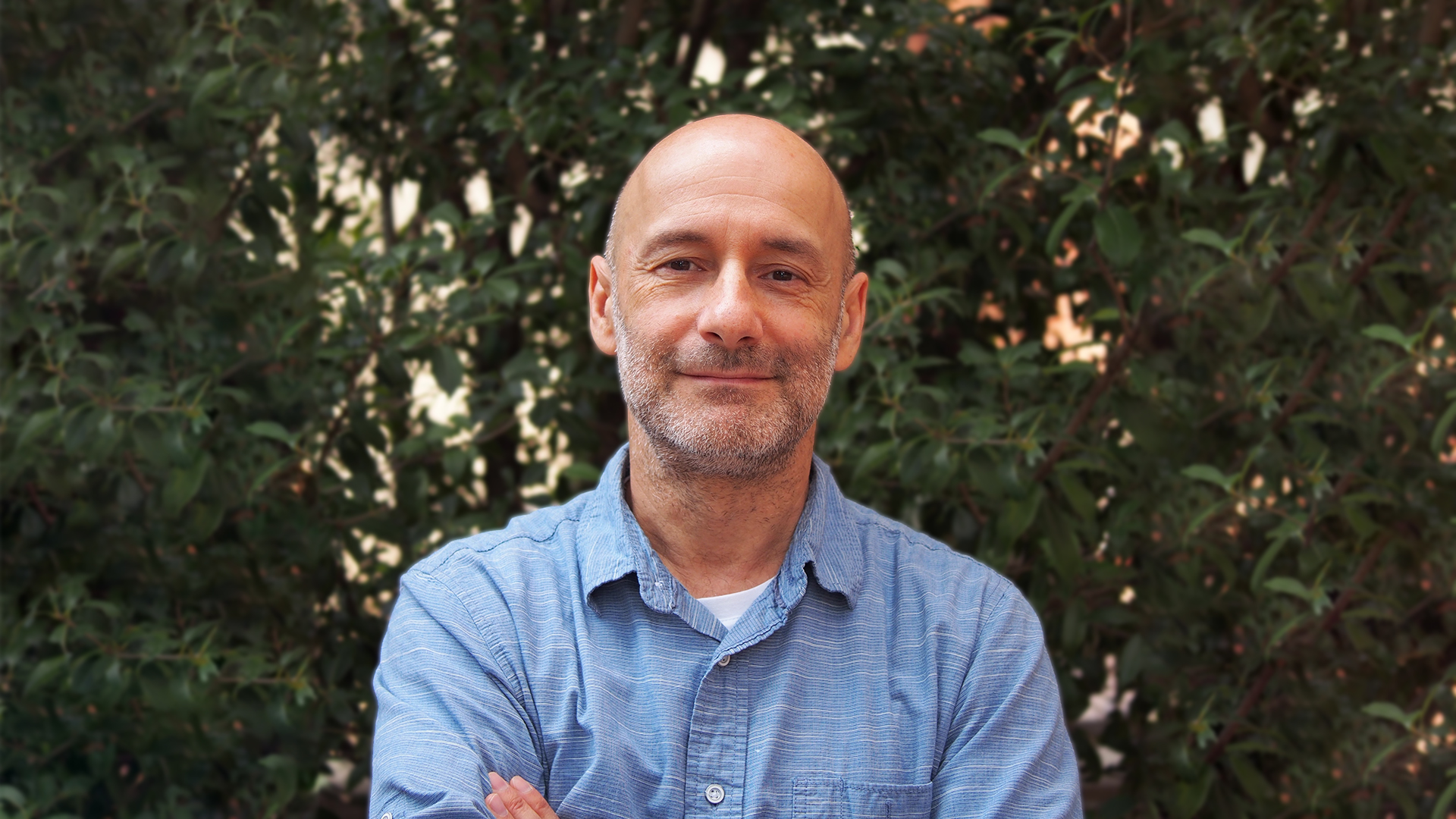
- This event has passed.
Jose Alonso – Implementing recombineering to study gene function in plants | GES Colloquium

GES Colloquium Home | GES Colloquium MediaSite Live-Stream | YouTube Library (Past Colloquia)
Implementing recombineering to study gene function in plants
Speaker: Jose M. Alonso, Ph.D., William Neal Reynolds Distinguished Professor of Genetics and Plant Biology, NC State
Dr. Jose Alonso will be speaking in place of our original speaker, Dr. Anna Stepanova, due to illness. Our hope is to reschedule her presentation as soon as possible.
Abstract
In order to sprout, grow, photosynthesize, fight off pests, flower, or produce fruits, plants turn on different sets of genes in their genomes. To understand how these basic processes are brought about, scientists must first determine what individual plant genes do. To do this, researchers typically modify genes of interest in the laboratory by changing or disabling specific gene functions via mutation, or fuse DNA to a reporter tag such as GFP. However, manipulating large genes in a test tube is often technically difficult. A technology called recombineering makes working with large (e.g., 100 kilobases) DNA fragments much easier and scalable. We have streamlined the process of identifying the bacterial strain carrying the large DNA fragment with the gene of interest and made the recombineering protocols scalable and applicable to a wide set of plant species.
Speaker Bio
Jose Alonso obtained his undergraduate and graduate (1994) degrees from the University of Valencia, Spain. After his postdoctoral training with Dr. Joseph Ecker at U. Penn and The Salk Institute (1995-2001), he joined the faculty of North Carolina State University where he is currently a William Neal Reynolds Distinguished Professor of Genetics and Plant Biology and University Faculty Scholar. His main research interest focus on the study of the molecular circuits plants use to integrate environmental and developmental signals to produce specific responses.
WordPress database error: [Unknown column 'wp_tec_occurrences.start_date' in 'SELECT']SELECT SQL_CALC_FOUND_ROWS wp_posts.*, CAST( wp_tec_occurrences.start_date AS DATETIME ) AS event_date
FROM wp_posts LEFT JOIN wp_term_relationships ON (wp_posts.ID = wp_term_relationships.object_id) LEFT JOIN wp_postmeta ON ( wp_posts.ID = wp_postmeta.post_id AND wp_postmeta.meta_key = '_EventHideFromUpcoming' ) LEFT JOIN wp_postmeta AS mt1 ON ( wp_posts.ID = mt1.post_id )
WHERE 1=1 AND wp_posts.ID NOT IN (14229) AND (
wp_term_relationships.term_taxonomy_id IN (62,521,767,768)
OR
wp_term_relationships.term_taxonomy_id IN (45,47)
) AND (
wp_postmeta.post_id IS NULL
AND
( mt1.meta_key = '_EventStartDate' AND CAST(mt1.meta_value AS DATETIME) >= '2026-02-16 20:38:21' )
) AND wp_posts.post_type IN ('post', 'page', 'attachment', 'tribe_venue', 'tribe_events', 'tribe_event_series') AND ((wp_posts.post_status = 'publish'))
GROUP BY wp_tec_occurrences.occurrence_id
ORDER BY event_date ASC, wp_posts.post_date ASC
LIMIT 0, 3